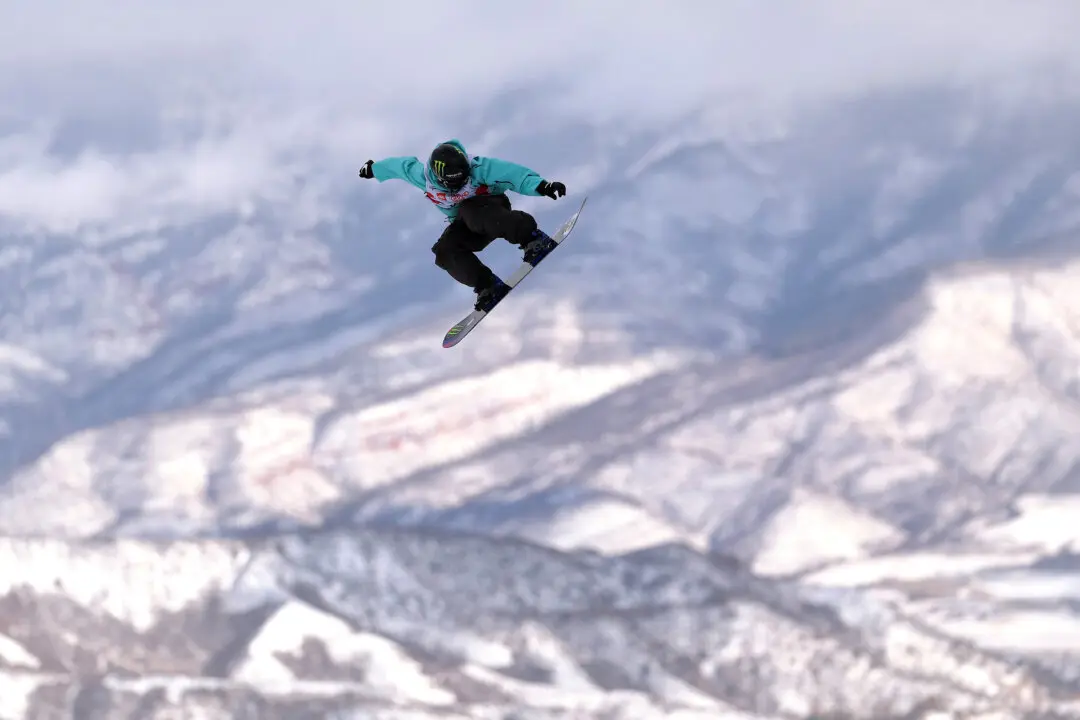By Mary Ann Anderson
From Tribune News Service
The late afternoon light is fading fast, and with the dust kicked up by the Land Rover catching the low rays of the sun, the terrain of trees, rocks and acacia-flecked hills of the Singita Grumeti Game Reserve seemed cloaked in gold. Maybe that’s why I missed seeing a pride of lions, more than a dozen strong, lethargically lounging in the grass in the pitiful shade of an umbrella tree, their tawny coats blending in perfectly with the ocherous landscape.






